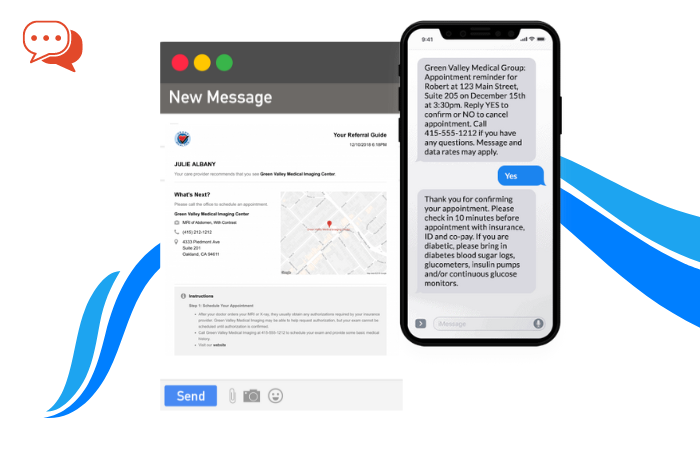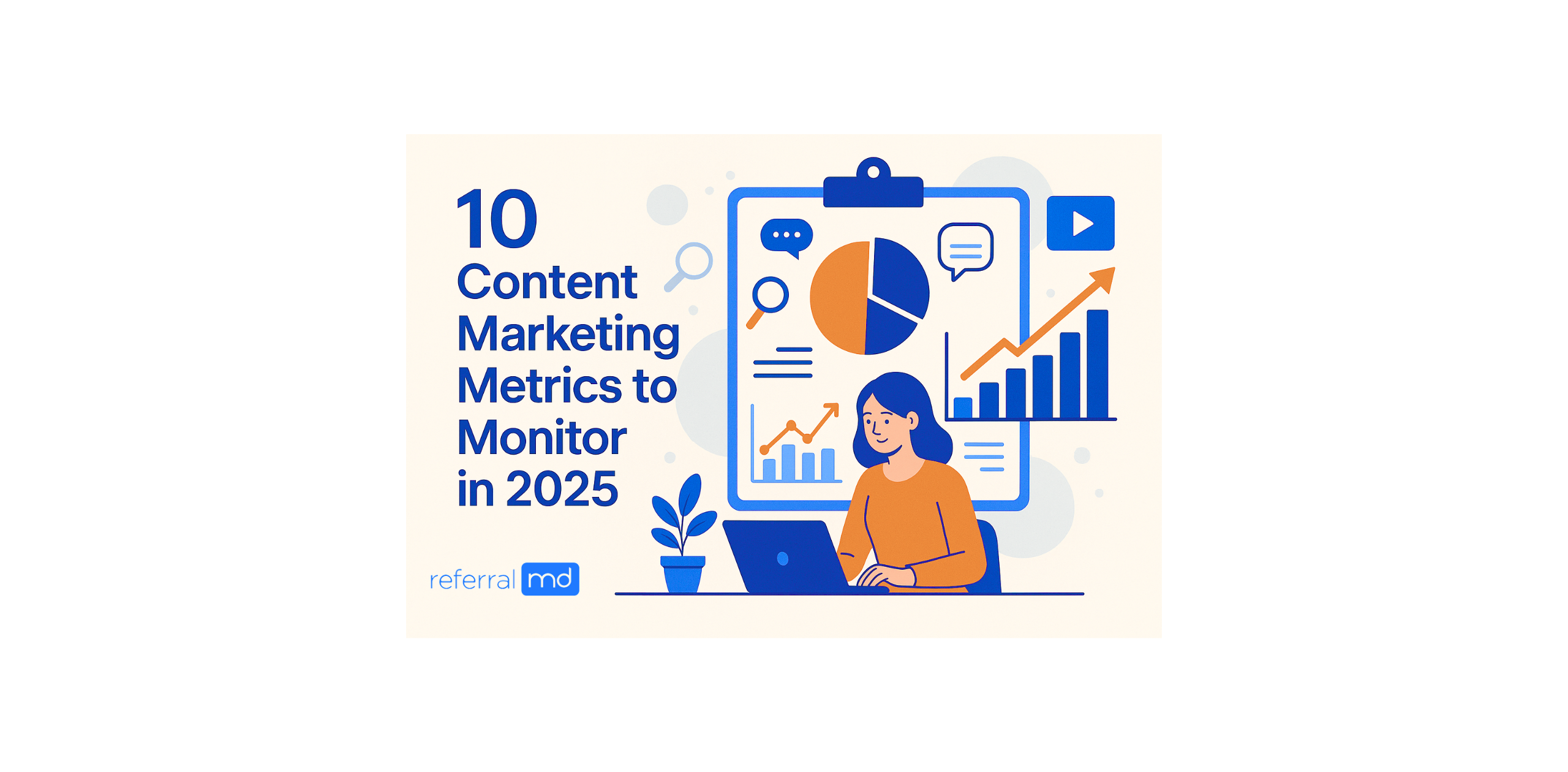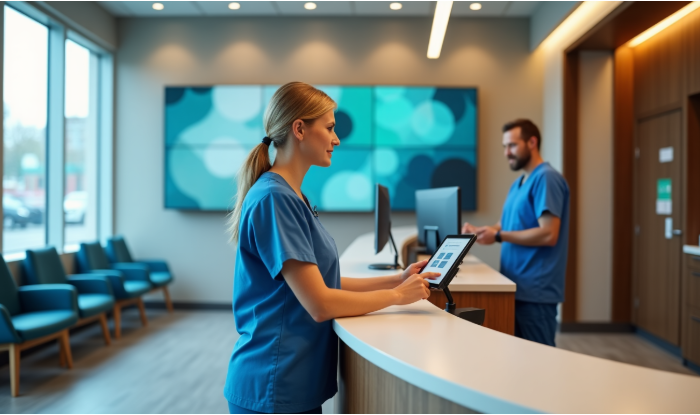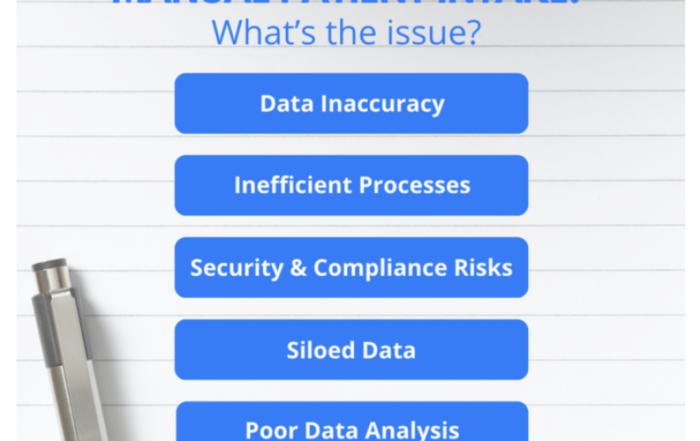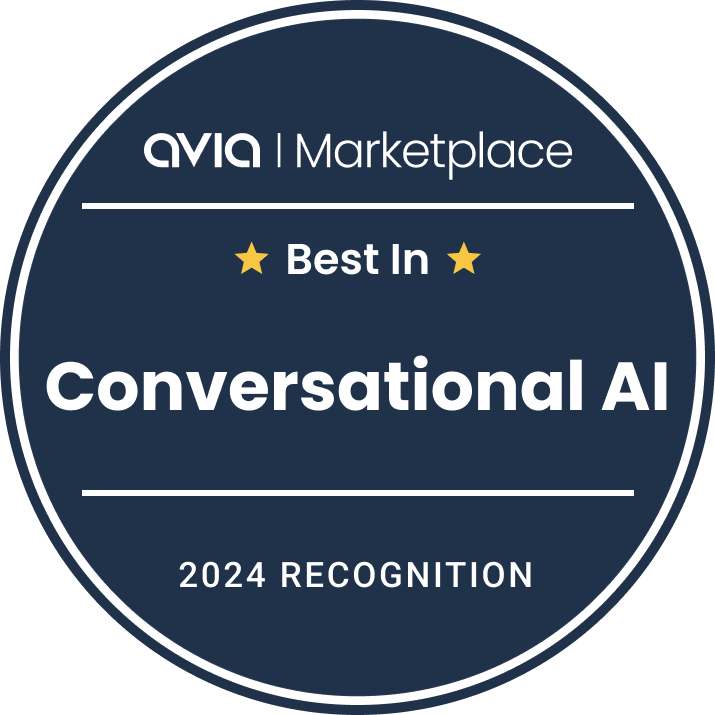Managed Cloud Security
High data availability – anywhere, anytime. No doubt, the cloud is providing some amazing benefits for healthcare.
The harvest is plentiful: time-savings come from instant, cloud-based file-transfers rather than snail mail and paper records; cost savings from improved productivity and more efficient resolution of treatment plans; remote access and telehealth (a special blessing in a pandemic) – all working together to promote greater collaboration and shared insights for healthcare teams and more efficient care of patients.
But in a world where estimated 350,000 new pieces of malware are created each day, and headlines of major data breaches continue to dominate the news, you may wonder: Aren’t I ultimately safer to set up and manage my own server in the next room, where I can keep an eye on it?
Or, you may be thinking: “We’re just a small practice. We don’t have tons of patient information or financial data like the big guys have. Why should we be a target for hackers?”
But as one wise doctor points out, that’s just the attitude and level of indifference to security that makes you an easy hack:
“Most small practices use home-based level security, such as routers or access points like you would use at home, “ says David Goldberg, MD. “Conversely, they often have the kind of data that bigger hospitals have, but they don’t have the appropriate security.”
In other words, your practice isn’t off the security hook just because of size. Hackers know that your sensitive medical data is increasingly prized on the black market; they also know that you’ll be more likely than other industries to pay a ransom to get it back due to lives depending on it.
All the hackers need is a handful of smaller practices, and they can make a nice profit; before you know it, you’re out of business. It’s happened and will, unfortunately, continue for the foreseeable future: (see Wood Ranch Medical Notifies Patients of ransomware Attack.)
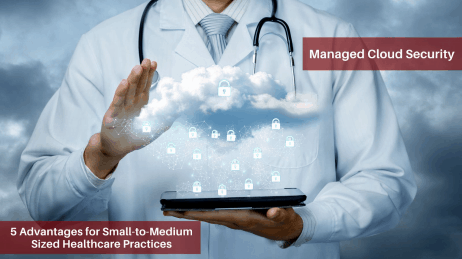
Can You Handle This?
And yet, if as research suggests, as many as “80% of data breaches can be prevented with basic security actions such as vulnerability assessments, patching, and proper configurations,” ask yourself the honest question: “Do I have the time and security expertise to manage even the 80%?”
If so, what about the other 20%? Miss, just one update or security patch, and you might say good-bye’ to all your data in a costly breach, incur fines and lawsuits from patients – and even (as mentioned above) lose your business.
But if you’re still convinced that managing on-premise servers and handling your own security while maintaining HIPAA compliance is the way to go, consider the following question’s:
1. Can you configure your own environment for HIPAA hosting (which can be quite complex) and secure your databases?
2. Can you manage your own backups and logs per HIPAA regulations?
3. Do you have a plan for the inevitable maintenance and equipment failures, outages, and downtimes that may affect data availability?
4. Can you readily add or subtract resources to maintain a cost-efficient, scalable, and highly-responsive environment?
Can you do all this and still have time to see your patients, manage your office, and, yes, go home to your family at night?
If you’re feeling a little overwhelmed, I have good news for you: a managed security service provider (MSSP) that knows HIPAA compliance can address most or all of these concerns and actually save you money (and possibly your business).
For those who remain unconvinced, here are 5 significant reasons to outsource your IT needs to an MSSP with proven HIPAA expertise:
1) The Security Benefits of Unparalleled Infrastructure Scale
The standard claim once was that only traditional, on-premises infrastructure could provide true security for your healthcare practice; after all, the physical proximity of the equipment and data left no doubt as to its whereabouts or (theoretically) who could access it.
No longer is that true. As mentioned, today’s healthcare data systems require a level of security and threat-mitigation expertise beyond most in-house resources due to the ever-evolving nature of threats.
That’s one reason we leverage a state-of-the-art cloud platform to layer our HIPAA security expertise for our customers. The Google Cloud, for example, employs a team of over 500 world-class security experts whose sole focus is to oversee a massive infrastructure that receives untold numbers of attack vectors every minute.
Each attack is then analyzed to improve further the sophisticated security automation they’ve designed to their “defense-in-depth” infrastructure.
Further, Google also applies a “zero trust” model with a user and device-based authentication, and all services are authenticated, authorized, and encrypted.
Deriving the benefits of such cutting-edge cloud security to help prevent data-loss and mitigate the latest attacks makes sense – especially if it helps protect you from costly violations of HIPAA, not to mention the loss of business
reputation. And, there’s no expensive equipment and maintenance to worry about.
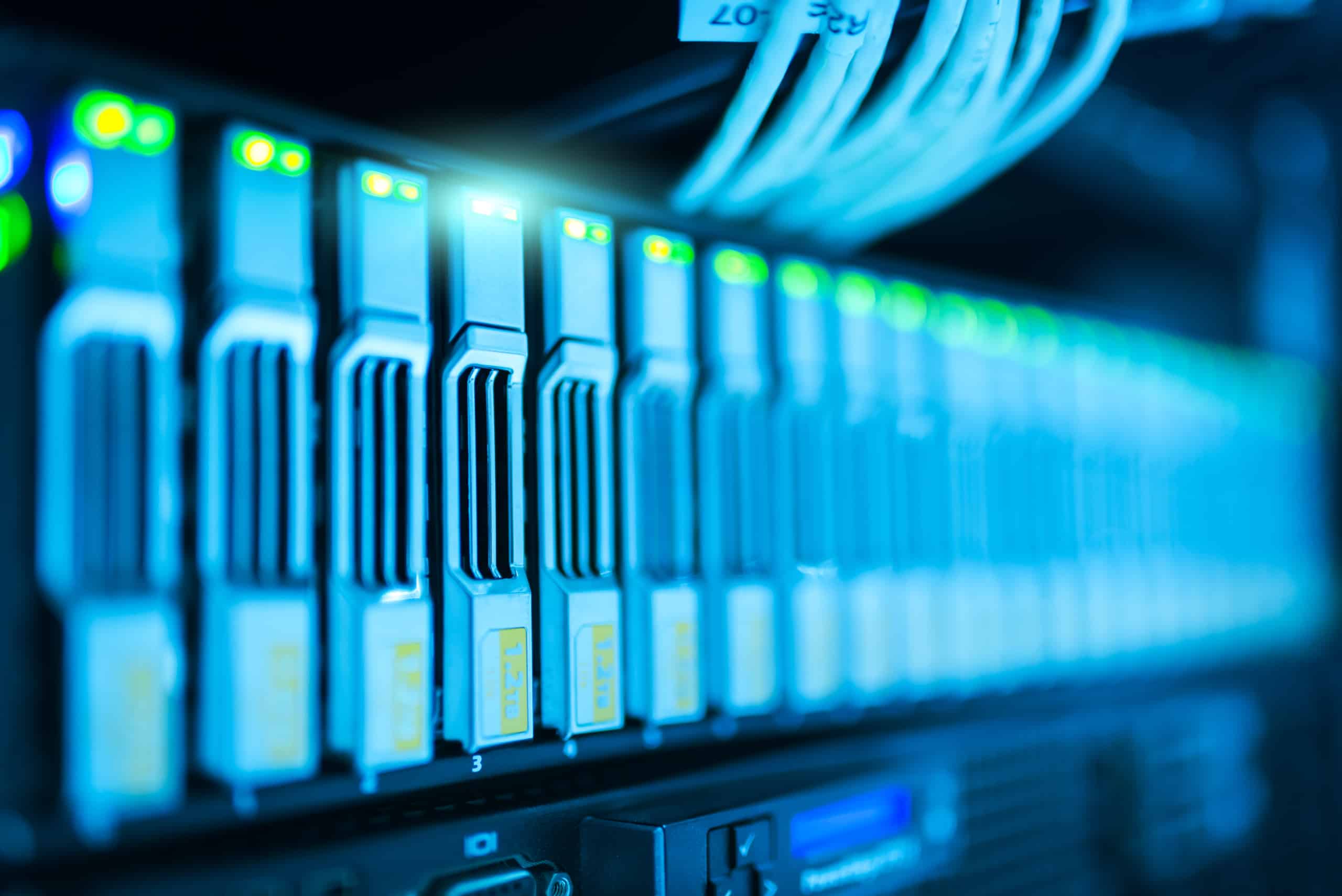
Photo by on Pexels
2) The Security Benefits of Highly Redundant Platforms
Imagine a system where a server’s failure, network connection, entire data center, or even downtime from a maintenance window would not result in an inability to access your data. Wouldn’t you want that?
A “redundancy of everything” design (which GCP also has, and we build upon)means your data is always available within a secondary system should one system happens to fail – systematically replicated multiple times across active servers and distributed geographically to ensure service continuity.
In other words, a disaster (fire, flood, earthquake, etc.) in one area that destroys your data center won’t cause you to lose your data. That’s a level of redundancy that simply impossible to achieve with an on-premise system that’s highly susceptible to most disaster, theft, or equipment failure scenarios.
3) The Security Benefits of Best-in-Class Data Encryption
Why is encryption (disguising your data with cipher-text) so important? After all, 87 percent of healthcare workers have admitted that they’ve used non-secure email for sending sensitive information.
Over a third also admitted to using non-compliant file-sharing tools like Dropbox. Most confessed to using these insecure methods because it was simply the easiest way to expedite the task.
That’s why seamless, user-friendly tools that utilize best-in-class encryption (like HIPAA compliant email, WordPress, and file-sharing) should be the norm, making it easy for your staff to comply. Without them, your data is a sitting duck if it falls into the wrong hands. That’s a HIPAA violation – whether they got it from an email, database on a stolen laptop, or file-sharing software.
4) The Security Benefits of Maintaining Strict Compliance Requirements
HIPAA cloud solutions for data sharing are not only necessary to prevent costly data breaches, but they’ve also become essential for patient care. This was made painfully clear in a recent ransomware attack in which a woman who required emergency care died for lack of system availability.
As an MSSP, we ensure that our HIPAA cloud technologies are overseen by an internal compliance team and audited by outside experts to ensure that HIPAA standards are maintained. (Google also maintains their own internal audit team and enterprise security certifications, with regular audits for HIPAA, FedRAMP, SSAE16, ISO 27017, ISO 27018, and PCI compliance).
Being regularly tested for compliance, security, and ongoing global regulations review means your data infrastructure will remain compliant, resistant to ever-evolving kinds of attack vectors.
5) The Security Benefits of Managed Security Services
A fully managed security solution for HIPAA compliant cloud will include layers of cutting-edge security services beyond a simple firewall.
This includes standard and application firewalls, host-based Intrusion Detection, HIDS/NIDS, advanced security rules, system monitoring, real-time OS security patches and upgrades, anti-DDoS management, custom IP reputation, and log analysis – all with dedicated, live support and at a low, fixed monthly cost.
Again, this level of security is largely unattainable to achieve for typical healthcare practitioners. The primary advantage of an MSSP for your small-to-medium-sized practice is to relieve your data burden and free you up to do what you do best: care for patients.
Maintaining Compliance Depends on You
Managed security can greatly benefit small to mid-sized healthcare practices that tend to be targeted by hackers because they lack the security resources that larger companies can afford. A HIPAA-configured cloud environment with managed security will provide high data availability, redundancy, and the ability to scale up or down without expensive capital equipment investments quickly.
Of course, your HIPAA compliance will also depend on how compliant your users are with the tools you provide, whether they avoid phishing lures in emails, maintain workstation security, and so on. Establishing a “culture of security” in your practice will maximize the effectiveness of the cloud solutions you ultimately adopt.



